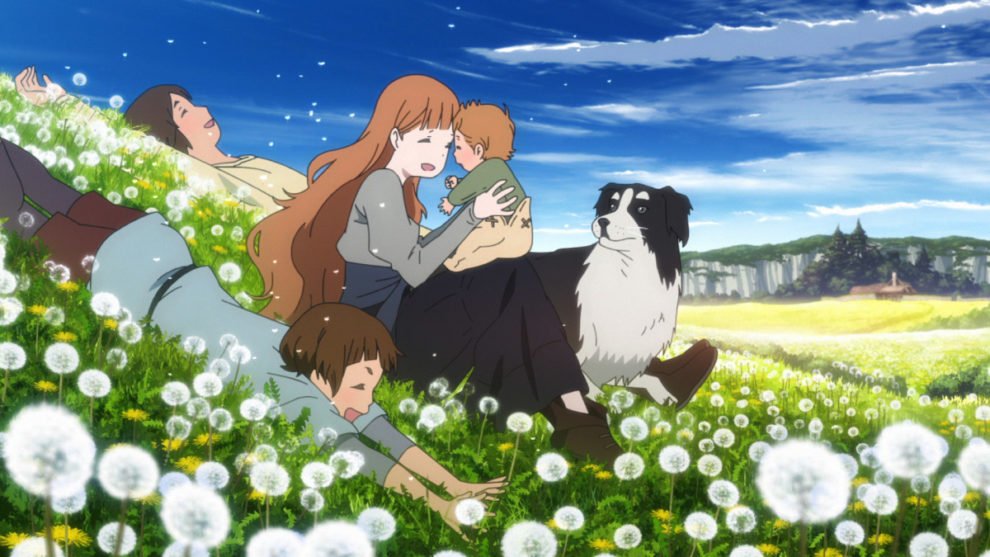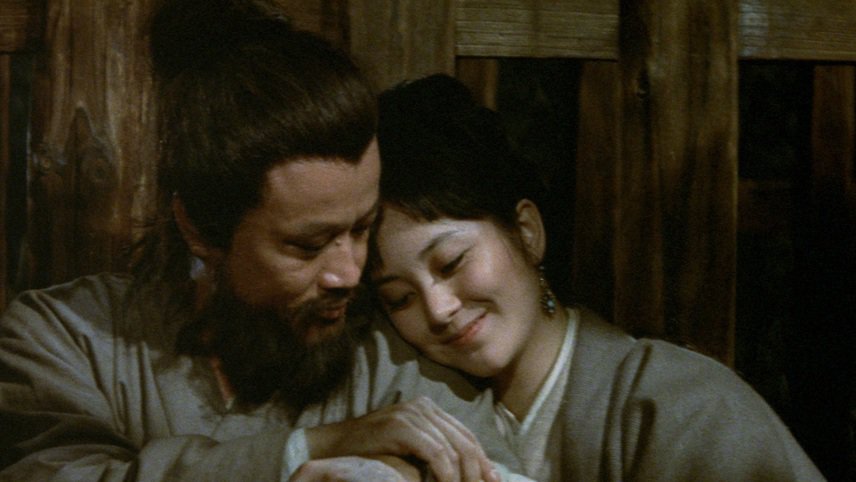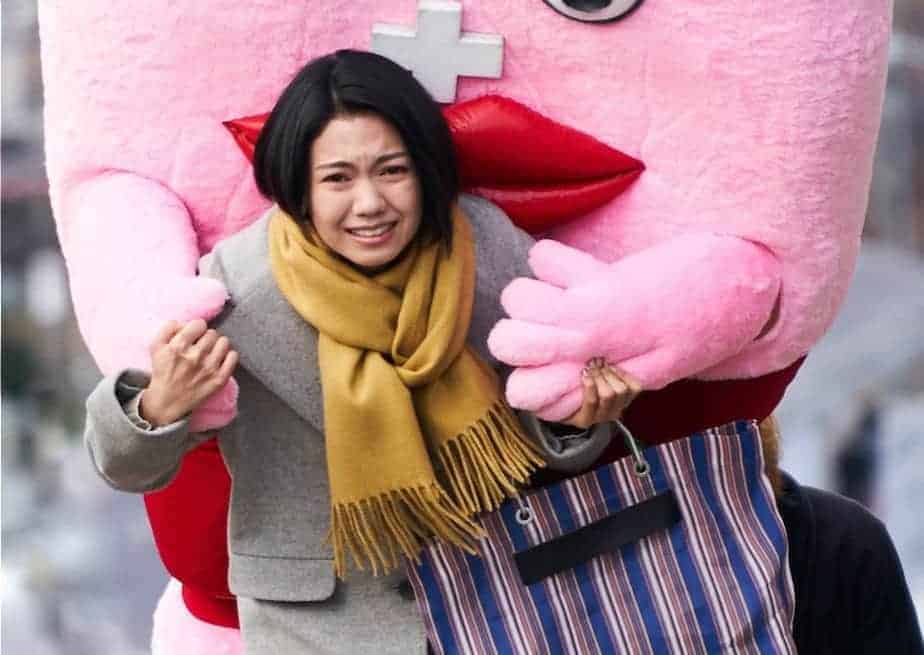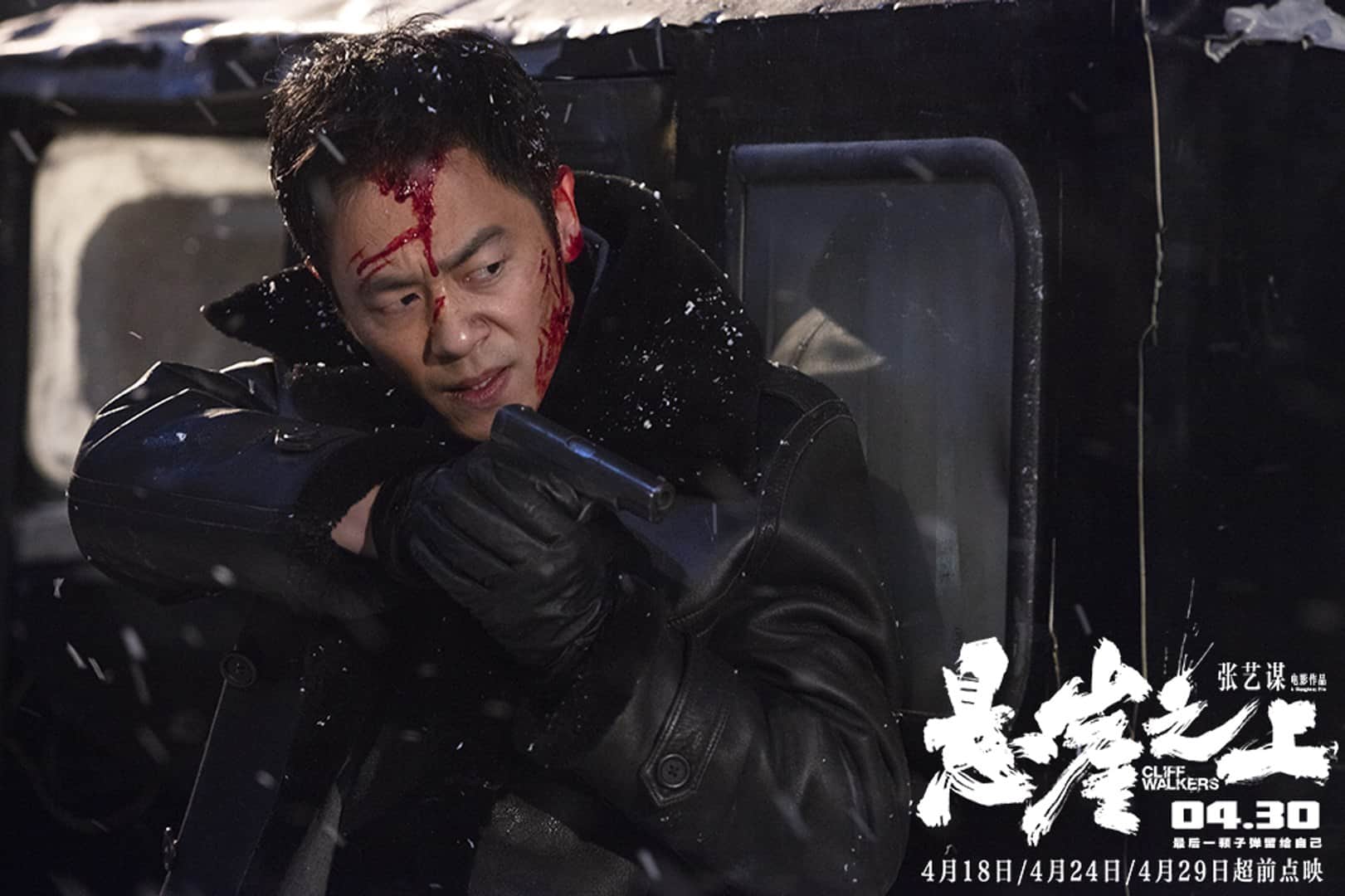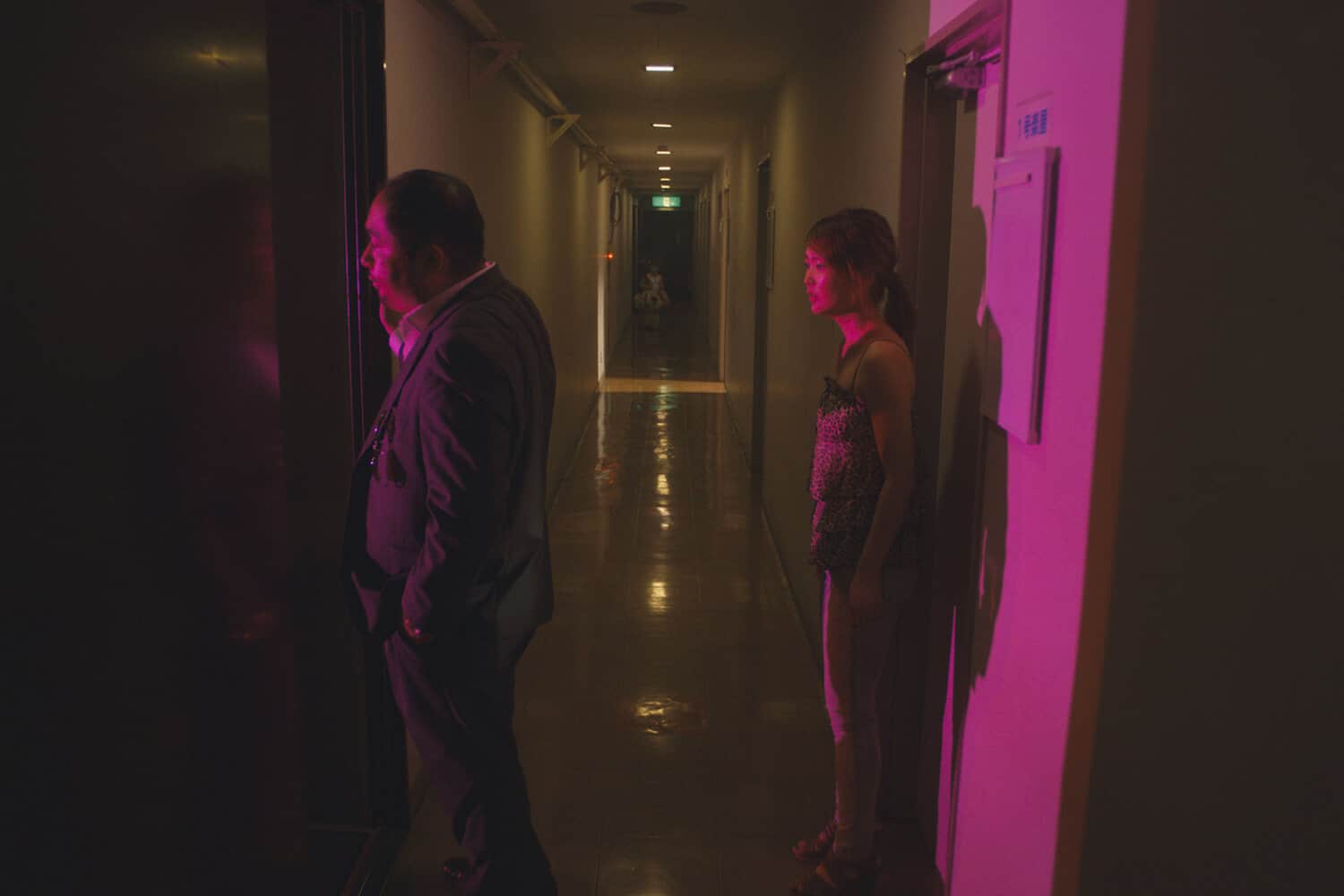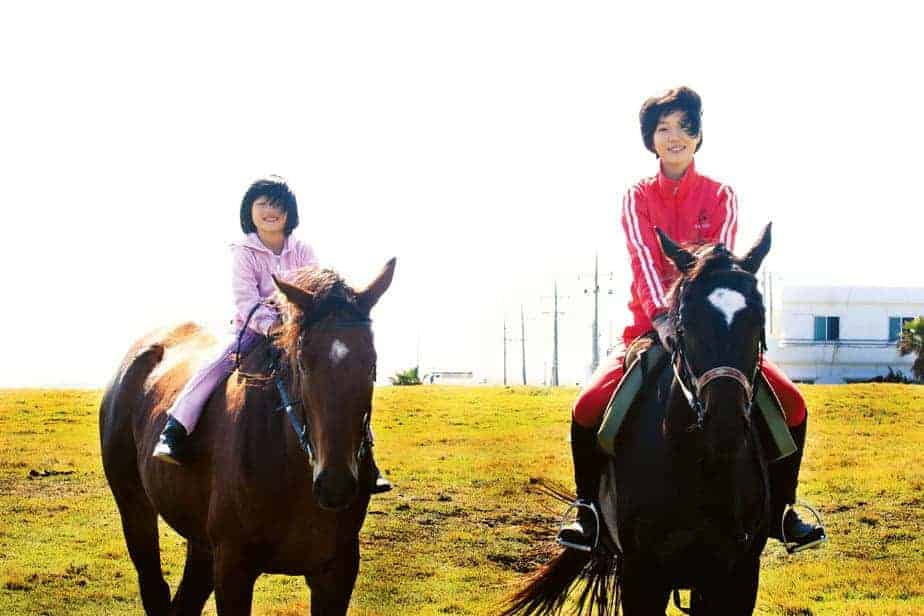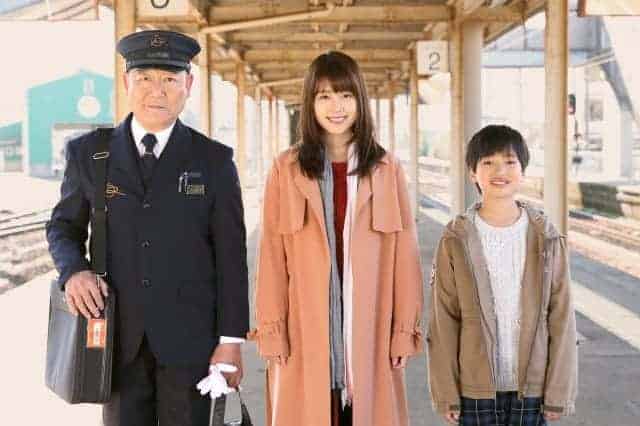As I have mentioned before, the spirit of Hayao Miyazaki is bound to be carried onwards in the anime industry for many years to come. Mari Okada (whose writing credits include titles like “Basilisk”, “Fate/Stay Night”, “Black Butler” and tens more) in her directorial debut seems to have drawn from “Nausicaa of the Valley of the Wind” for the base of a film that takes its basic premise much further, though.
“Maquia: When The Promised Flower Blooms” is part of the Asian selection at Fantasia International Film Festival
The Lolph are a race of weavers, which spend the centuries their lives last weaving their stories and their thoughts into a special cloth named Hibiol, in their secluded kingdom. One of the children among them is Maquia, an orphaned girl whose life is filled with sorrow for her lack of a family, and is best friends with Leilia, another girl who is the exact opposite of her in terms of character. One day, the neighboring kingdom of Mezarte sends armed soldiers on the backs of flying dragons called Renato to the Iolph village. Violence ensues, and Maquia manages to get away from the slaughter while Leilia is taken a prisoner.
After awakening in a forest, Maquia happens upon an ambushed caravan and a drunken half-Iorph merchant, where she finds a newborn baby boy, held tightly in the arms of his deceased mother. Unwilling to let it die, she pulls him from the dead woman's arms and decides to take him in as her son. She travels to the village of Helm, where a woman, Mido, takes them in, raising them alongside her two sons, Lang and Deol. Maquia names her adopted son Erial. Leilia on the other hand, is forced to a life that is to serve the Mezarte's king line.
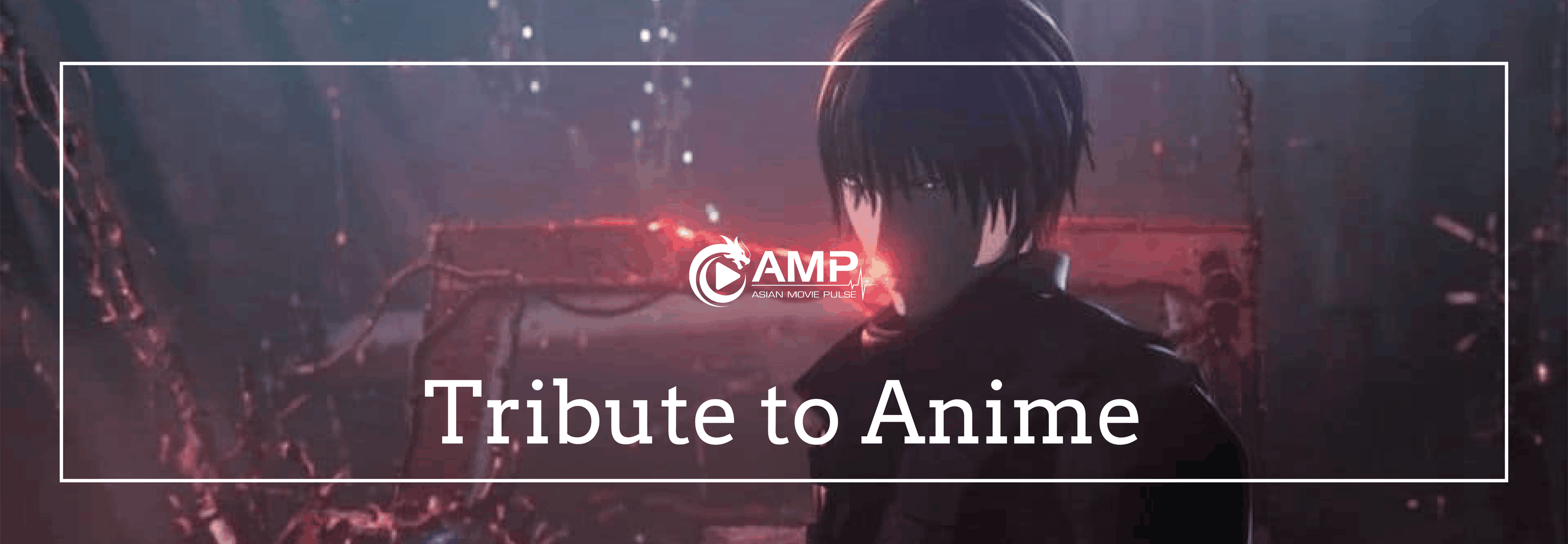
Mari Okada directs and pens a film that revolves around three concepts that intertwine and combine to a rather unique presentation: Love, time and memory. The second one is placed in the middle of the context, with Okada examining how time affects people, in a presentation that functions as a unique approach to the coming-of-age category. The impressive about this depiction is that Okada implements a rather realistic look towards a fantastic concept, of people living for hundreds of years. In that fashion, the repercussions of a situation like that are a focal point, with Maquia and Erial having to face the harsh comments for their situation, since, as the years, pass, Erial grows up but Maquia remains the same physically, despite the fact that she is his mother. The smirks and the gossip about their actual relationship in the various towns they have to change due to the fact, provides one of the most shocking elements in the film. Through this element, the concept of love between a mother and a child, and the way it transforms through the years is also examined, in a rather unusual, but very fulfilling, dramatic fashion. The coming-of-age aspect also derives from this concept, as we witness both Maquia and Erial growing up and realizing their impossible situation. Another message in this concept seems to be that in order for someone to truly mature, one has to go outside his comfort zone, with the lolph kingdom symbolizing just that.
The concept of time is also a central one in the process the narrative unfolds, which involves a number of time leaps, which may seem a bit confusing in the beginning, but once one gets used to them, actually forward the story quite nicely. I felt though, that the size of the material here was more suited for a series than a film, with Okada's first attempt at a feature having some issues due to her experience being almost exclusively in anime series. Particularly the Leilia arc, which also seems at least as interesting as Maquia's, would benefit much from additional screen time.
Regarding the memory aspect, Okada focuses on the people's need to record their history in any way possible, with the concept of the Hibiol functioning as its metaphor, particularly since it is considered quite valuable, moneywise, in the world the story unfolds, stressing the fact of how precious memories, even of other people, can be.
On a secondary level, Okada also examines the consequences of human exploiting nature for his own gain, with these actions actually leading to the demise of those who do. That aspect, along with the medieval/fantastic setting is what most reminded me of “Nausicaa”, with the Renato and their Red-Eyes disease being a direct parallel to the Ohms.
All of the above are surrounded by a cloak of nostalgia, which also induces the anime with a sense of drama that finds its apogee during the finale, which touches the borders of the melodrama, although in artful, and not directly tear-jerking fashion.
Yuriko Ishii's drawing, particularly of the characters, is a bit strange, since the lolph all look much alike with their long, blonde hair and fair characteristics, both male and female, making it a bit difficult to distinguish them, at least in the beginning. As the story progresses though, the characters change in appearance, with their medieval style in clothes and overall appearance working quite well. The backgrounds are elaborate in all the different settings, including the minimalism of the lolph kingdom, the maximalism of Mezarte and the realism in the country and the various villages/cities, with the attention to detail being significant. The drawing of the dragons is also quite good.A Works studio has done a great work in the animation department, with the movement of the characters being very realistic, while the impressive moments come from the movements of the dragons and the various battles, where both the animation and the drawing find their apogee.
Kenji Kawai's music is great as always, with him highlighting the emotions and general impression Okada wanted to give to each scene in the best way.
In the end, the fact that the film would benefit from a longer duration does not fault it at all, since “Maquia: When the Promised Flower Blooms” is a great anime, definitely among the best of 2018, through a combination of artistry, meaningfulness and sentiment.


